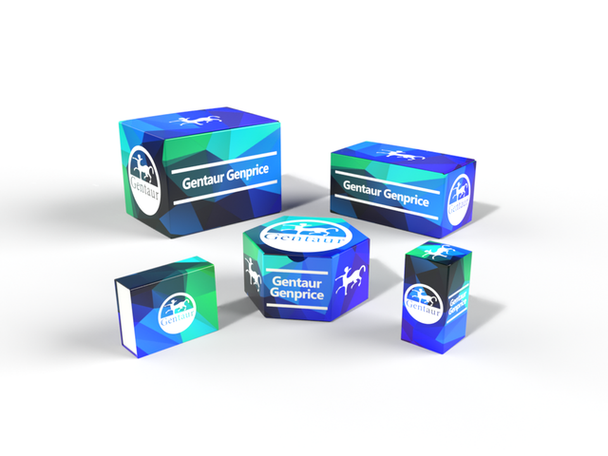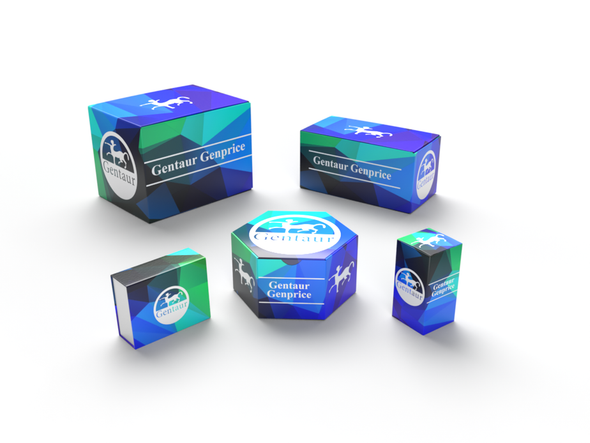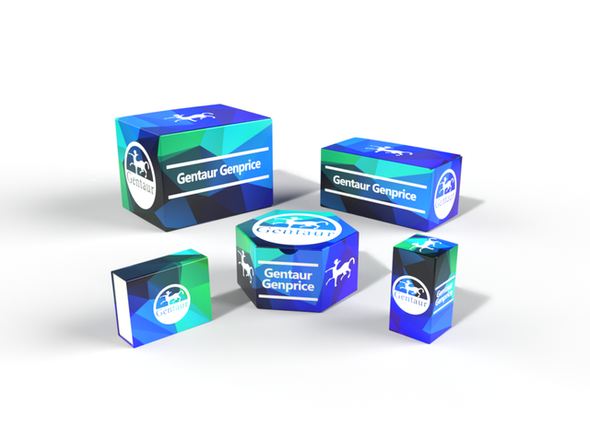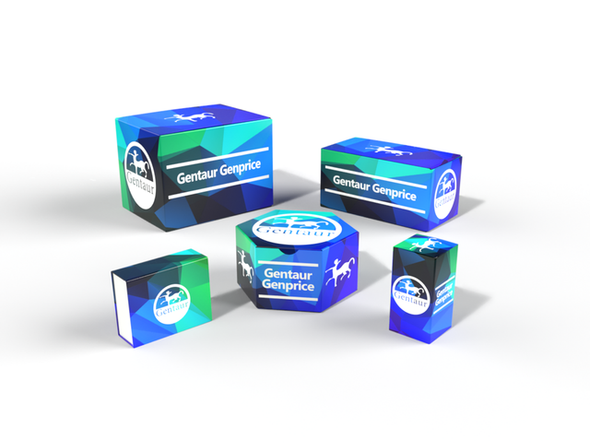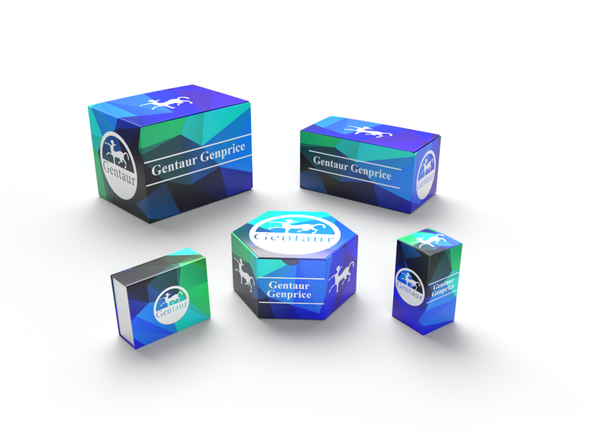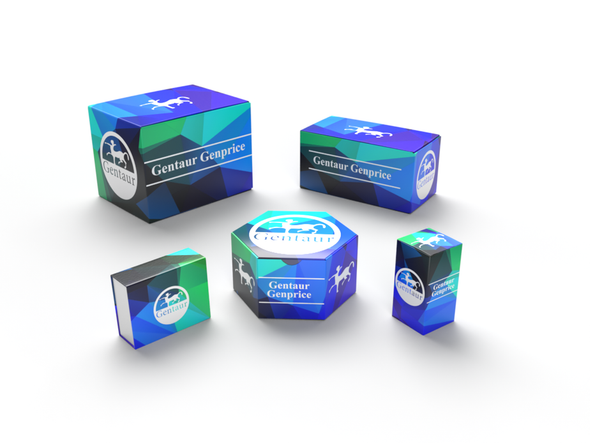451 Recombinant Proteins and Cell culture
ClpS | ATP-dependent Clp protease adapter protein ClpS | AS17 4146
- SKU:
- 451-AS17 4146
- Availability:
- Usually ships in 5 working days
Description
ClpS | ATP-dependent Clp protease adapter protein ClpS | AS17 4146 | Gentaur UK, US & Europe Distribution
Immunogen: C-terminal fusion of Arabidopsis thaliana ClpS protein with the maltose-binding protein that excludes the predicted chloroplast transit peptide. UniProt:Q9SX29, TAIR: AT1G68660
Host: Rabbit
Conjugation: N/A
Clonality: Polyclonal
Isotype: N/A
Purity: Serum
Format: Lyophilized
Tested Application: Western blot (WB)
Related Products: AS16 4045 | Anti-ClpS1 | ATP-dependent Clp protease adapter protein ClpS (cyanobacterial), rabbit antibodiesAS16 4046 | Anti-ClpS2 | ATP-dependent Clp protease adapter protein ClpS (cyanobacterial), rabbit antibodiesAS01 001 | Anti-ClpC | Chloroplastic form of HSP100, rabbit antibodiesPlant protein extraction bufferSecondary antibodies
Recommended Dilutions: 1 : 250-1 : 500 (WB)
Molecular weight: 17 kDa
Confirmed Reactivity: Arabidopsis thaliana
Predicted Reactivity: Ananas comosus, Anthurium amnicola, Cajanus cajan, Capsicum annuum, Cephalotus follicularis, Cucumis melo, Corchorus olitorius, Glycine soja, Gossypium hirsutum, Medicago truncatula, Morus notabilis, Nelumbo nucifera, Nicotiana attenuata, Nicotiana tabacum, Noccaea caerulescens, Ricinus communis, Solanum chacoense, Theobroma cacao, Zea mays, Vigna radiata Species of your interest not listed? Contact us
Not reactive in: No confirmed exceptions from predicted reactivity are currently known
Additional Information: When working with a total leaf protein extract recommended load is 50-100 µg/well, When stromal extracts are used, recommended protein load is 10-20 µg/well
Background: ClpS (ATP-dependent Clp protease adapter protein) modulates the activity of CLPC and is involved in plastid biogenesis in particular when chloroplast protein synthesis capacity is a limiting factor. Expressed exclusively in photosynthetic green tissues with high levels in young, developing leaf tissues. Not detected in senescing leaves.
Reconstitution: For reconstitution add 200 µl of sterile water
Storage: Store lyophilized/reconstituted at -20°C; once reconstituted make aliquots to avoid repeated freeze-thaw cycles. Please remember to spin the tubes briefly prior to opening them to avoid any losses that might occur from material adhering to the cap or sides of the tube.
TAIR Nnumbre: AT1G68660
Category: Biogenesis/architecture
Research Area: Plant Biology, Photosynthesis

